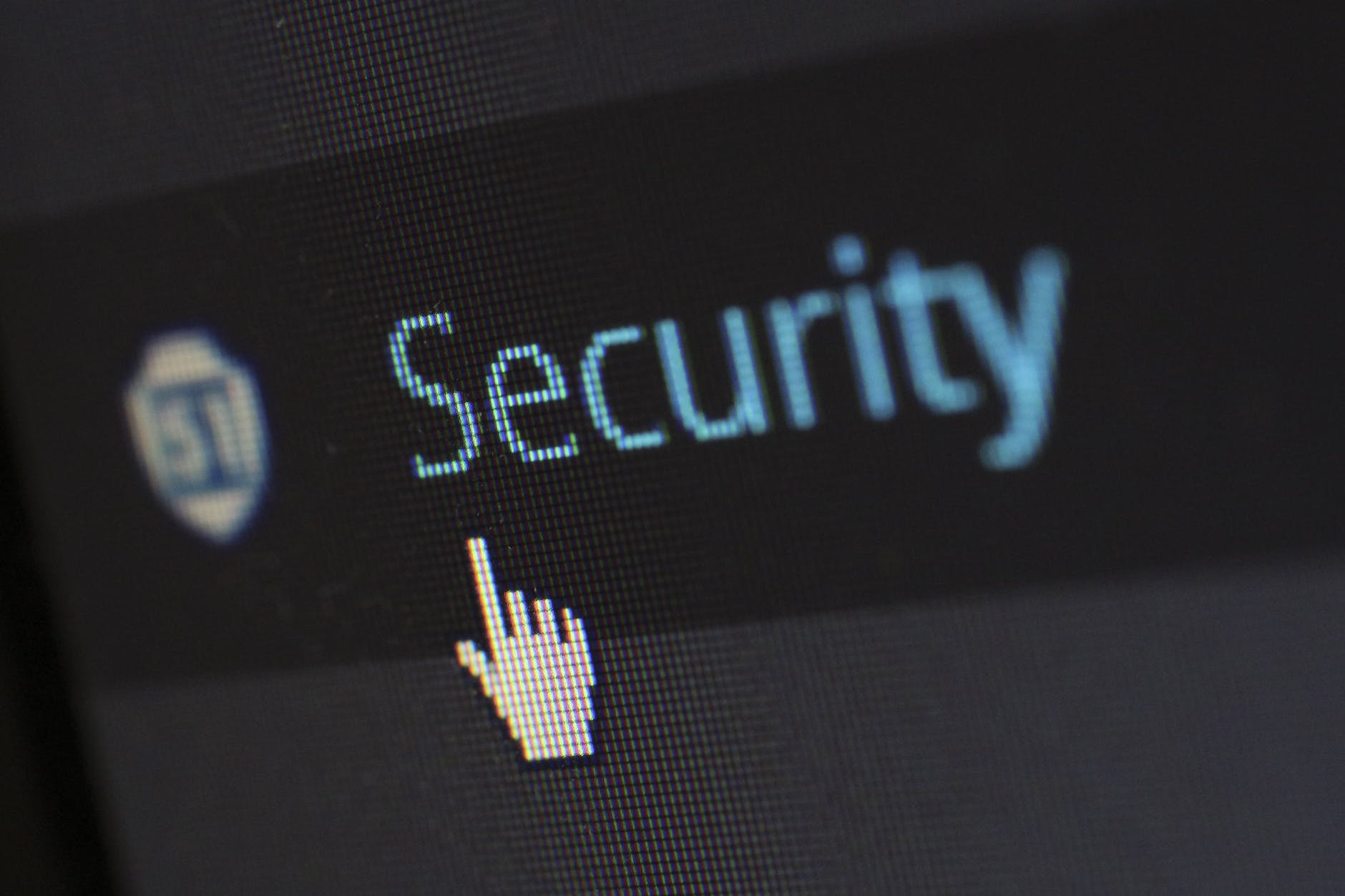Phishing Attacks : How EV SSL Certificates Protect Your Organization Against Them

Phishing attacks have become commonplace in today’s cyber sphere. You may not know about them if you’re new in the game of online business, but according to Verizon’s 2020 data breach report, nearly 22% of the cyberattacks done last year were phishing attacks. In simple words, that is almost every 4th or 5th attack on a website.
In order to prevent phishing attacks, many small and large corporates have considered buying EV SSL certificates. This will ensure the prevention of a higher degree of damage and rebuild the confidence in consumers.
But if you want to understand the nature of these attacks before taking that call, and want to know how an EV SSL can protect your website, don’t worry. With this informative, we aim to clarify all such doubts of yours. Let’s begin with an introduction to phishing attacks first.
What is a phishing attack?
Cloning forms the basis of a phishing attack. An attacker creates an exact copy of your website on another domain name. For instance, if your official domain name is omega.com, then an attacker may use 0mega.com.
Once the attacker has obtained a similar domain name, it’s relatively easy to create a copy of your official website by downloading the HTML content of webpages and putting it online on the new domain.
This kind of fake website, once created, can be used to dupe your visitors and customers. For instance, the attacker may forward its link to all your customers via email or some other medium and ask them to log in to their accounts for availing any discount or because of some other urgent reason.
As soon as they log in using the fake link, their username and password would be sent to the attacker, thus compromising their accounts.
That was a straightforward explanation and example. Real-life phishing attacks can be much more complex and can be done in various ways to achieve many types of goals, but one thing remains common in all of them – they involve a fake copy of your website created on another domain name.
If you can give your visitors a way to recognize your official site, you can protect them against phishing attacks. How do you do that? Well, that’s where cheap EV SSL certificates come into the picture.
Understanding the basics of an SSL certificate
So basically, an SSL certificate is a coded endeavour that is aimed at encrypting and securing communications that transpire between the web server and client browser. Once installed, it serves as a sort of identity proof for your website, allowing your visitors to ensure that they’re on your official site only.
We’ll elaborate on how it does that in the next section – in this section, let’s discuss the other aspects of an SSL certificate.
Besides protecting from phishing attacks, the SSL certificates also protect websites from Man-in-The-Middle (MiTM) attacks, another common type of cyberattacks done by capturing the data packets.
They achieve this by making your site eligible for loading over HTTPS protocol, a more secure version of the default HTTP protocol, as it requires data packets to be encrypted before transmission. That renders the captured data packets useless for an attacker, as no information can be extracted from them.
Types of SSL certificates
SSL certificates can be divided into three types based on the kind of validation they require before being issued by a CA:
- Domain validated (DV) SSL certificates: These certificates are issued after verifying your ownership of a domain name.
- Organization validated (OV) SSL certificates: These certificates are issued after confirming your organization’s existence. You’re required to submit the documents proving the legal existence of your organization to get an OV SSL Certificate.
- Extended validation (EV) SSL certificates: These certificates are issued after you submit the documents proving that your business has been in existence for at least three years, along with the documents proving the legal existence of your business.
How does an EV SSL certificate prevent phishing attacks?
Before we answer this question, it’s essential to understand the relationship between SSL certificates and phishing attacks. In our explanation above, we told you that all phishing attacks have one thing in common – they involve a fake website created on another domain name.
If there’s a way for your visitors to differentiate between your official website and the fake website, nobody can dupe them.
SSL certificates aim to provide that differentiation with a combination of their uniqueness and HTTPS protocol functionality. Once you acquire an SSL certificate for your domain name and install it on your server, a green padlock icon is shown near your URL in the address bar.
This padlock proves that the domain owner’s identity has been verified, and the visitors are dealing with your genuine and official website. Every certificate is unique, and no CA would issue a new certificate in the name of your business or your domain to someone else.
So even if someone creates a fake website on another domain name, they can not have an SSL certificate issued in the name of your business or the name of your domain.
As a result of this, their website will show a “Not Secure” error message in place of the green padlock icon, thus alerting your visitors that they’re dealing with a fake website. That’s how SSL certificates protect you against phishing attacks.
If you look at this explanation, it seems that any SSL certificate (whether DV, OV, or EV) can protect against phishing attacks. However, there’s a caveat to this situation, especially if you’re a big corporation. And that caveat is where EV SSL certificates come into the picture.
HTTPS Spoofing: When only EV SSL certificates save the day
With evolving times cyberattacks have also got more complex. It has been seen in some circumstances that with the help of Punycode, hackers can acquire a domain name that looks almost entirely similar to the official domain of a website. For instance, Security researcher Xudong Zheng acquired a domain name identical to Apple.com by replacing ‘a’ with Cyrillic ‘a’ and showed a proof-of-concept for this kind of attack.
Suppose someone uses this technique on your domain and acquires a domain name that looks 99% similar to yours and also obtains a simple DV SSL certificate for that domain to get the green padlock. In that case, 99% of the internet users can fail to realize that they’re dealing with a clone of your website.
Such attacks are called Homograph attacks, and for giant corporations, they’re a reality. That’s where an EV SSL certificate saves the day. Because unlike DV and OV certificates that show only green padlock, the EV SSL certificates display the organization’s name to which certificate has been issued after someone clicks on the green padlock icon. Something like this:
That’s why most banks, financial institutions, and other reputed companies use only EV SSL certificates – because they and their customers can’t risk losing their data in almost any kind of phishing attacks, whether it’s simple phishing or a homograph attack.
Though they tend to be costlier than other types of certificates, the cost is much less than a cyberattack price. Plus, nowadays, many websites provide cheap SSL coupon codes to subsidize EV SSL certificates.
Conclusion
So that’s how an EV SSL certificate protects against phishing attacks. If you want to ensure that nobody can target your users in such attacks, you too should get only an EV SSL certificate for your domain.
It will be costly initially, but it’ll be in the best interest of your organization and its customers. Almost all EV SSL certificates also come with warranties worth millions of dollars, so your organization remains protected even in those circumstances when something goes wrong on the side of the certificate issuer. That is another reason why you should only buy EV SSL certificates for your business.




